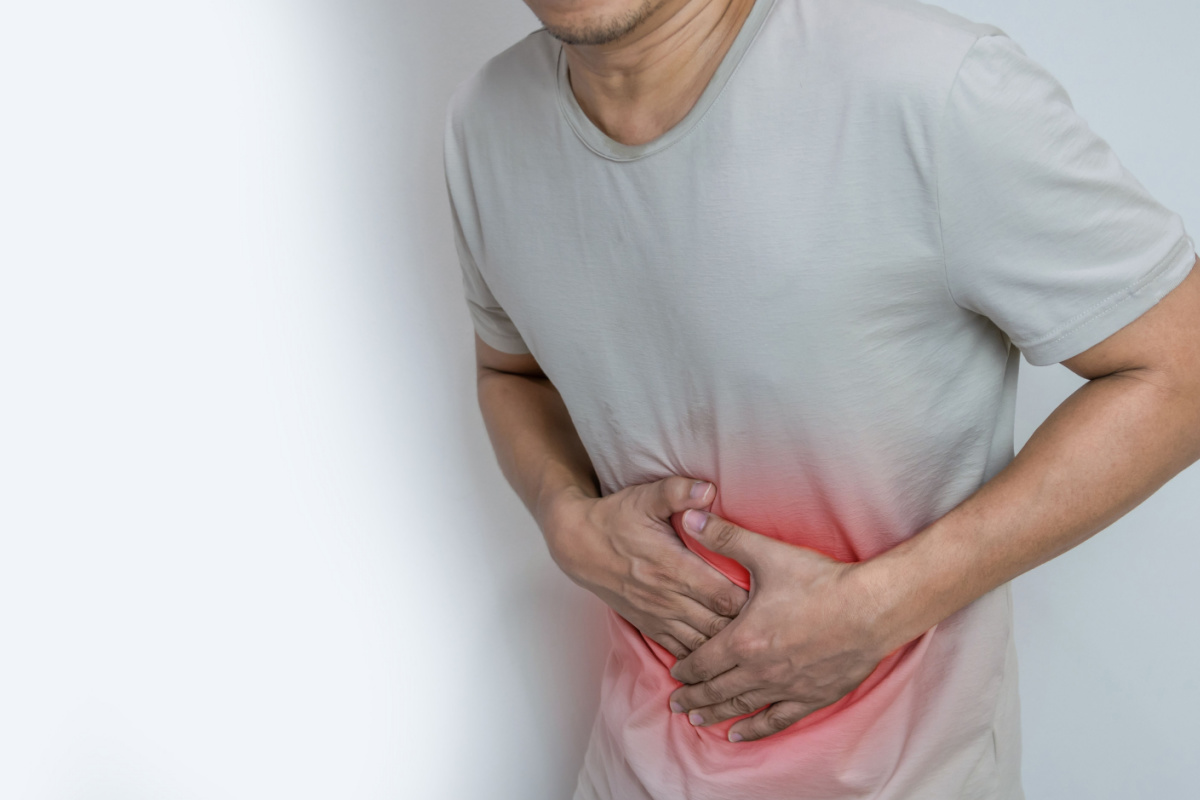
Abdominal Pain
Pain in the abdomen tends to accompany many colorectal conditions. Appendicitis, for example, is known for causing intense abdominal pain that may start near the belly button before moving to the right side of the abdomen and gets worse over time. Diarrhea, especially chronic diarrhea, can also result in abdominal discomfort that disrupts your daily activities.
Bloody Stool
Finding blood in your stool can be distressing since it may indicate a number of conditions, such as hemorrhoids, ulcerative colitis, and diverticular bleeding. The quantity and appearance depend on the cause and location of the bleeding. Blood that causes the stool to appear dark or tarry can indicate an issue with the upper digestive tract. On the other hand, bright red blood could mean there is bleeding low in the colon or rectum.
Diarrhea
Diarrhea is when stools are loose or watery. Depending on how long it lasts, it can either be:
- Acute: Acute diarrhea is short-term, lasting one or two days before going away. It could be the result of consuming food or beverages that contain bacteria. It can also happen when you get sick from a virus.
- Chronic: Chronic diarrhea is long-term and may last several weeks. Chronic diarrhea can be caused by health issues such as irritable bowel syndrome (IBS). Intestinal diseases, such as Crohn’s disease, may also lead to chronic diarrhea.
Constipation
Constipation occurs when bowel movements decrease in frequency and stools become increasingly difficult or painful to pass. Stools may be hard and dry, and constipation is often the result of a poor diet and a lack of exercise. It could also be a symptom of IBS, laxative abuse, hormonal disturbances, and other health problems.
Find Relief at Piedmont Colorectal Associates
Certain colorectal symptoms can mean the presence of a serious health condition. If you are experiencing any colorectal issues, it’s time to visit Piedmont Colorectal Associates, where one of our specialists can diagnose and treat the underlying condition. Schedule an appointment today by calling one of our locations or simply book an appointment online.

